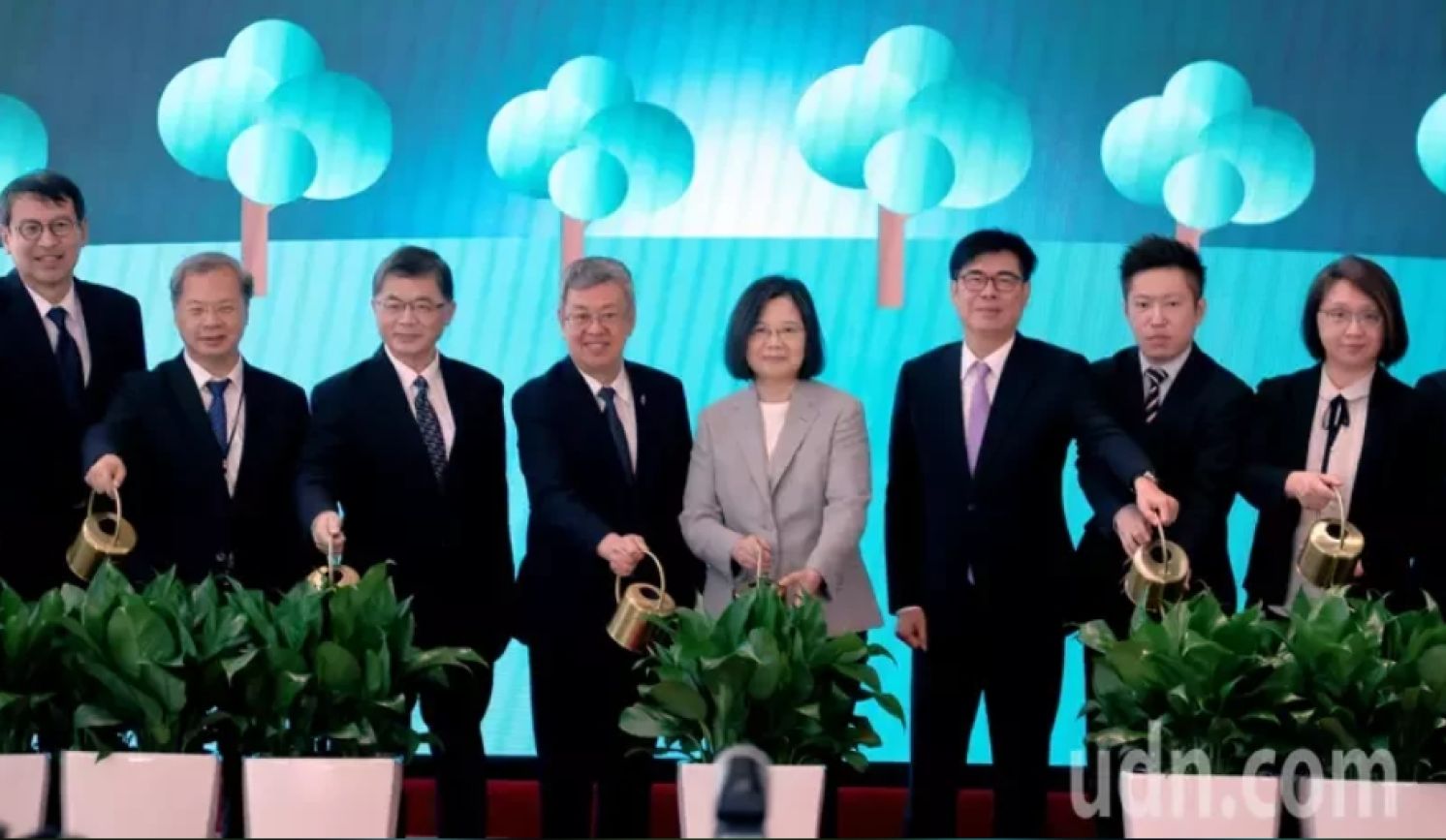
This Week in Taiwan 1217-1223
December 18: Social networking website Dcard was searched by police for suspected account data fraud. This is the first time a social networking company in Taiwan has been "searched" by police for not providing requested data. Dcard was founded in 2011 and currently has over 8 million members. It has more than 20 million non-repeating visitors per month and is the world's largest anonymous social community platform.
December 19: The Taiwan Semiconductor Manufacturing Company (TSMC) announced that Chairman Mark Liu will not participate in the nomination of directors for the next term and will retire after the shareholder meeting next year. The Nomination, Corporate Governance, and Sustainability Committee of TSMC recommended that Vice Chairman C. C. Wei take over as the next chairman, based upon the results of the next board election in June 2024.
December 20: The Bureau of Industry and Security of the United States Department of Commerce announced that 13 Chinese companies have been added to the Unverified List, including two subsidiaries of Hon Hai Precision Industry Company (Foxconn), namely, Tianjin Fulong Precision Electronics, which produces popular products such as network communication and servers, and Nanning Fugui Precision Industry. This is the first time that a related enterprise of a Taiwan-funded listed company has been included on the list and the first time that Foxconn has been implicated in the U.S. trade observation/control list.
December 21: After the results of the investigation into Taiwan's trade barriers were released, mainland China imposed the first wave of sanctions. Starting from January 1 next year, tariff reductions for some products under the cross-strait Economic Cooperation Framework Agreement (ECFA) will be suspended, covering 12 tax items mainly produced in Taiwan's petrochemical industry. The Taiwan Affairs Office of the mainland's State Council stated that the two sides can negotiate to resolve economic and trade issues on the basis of the "1992 Consensus." The Ministry of Economic Affairs called for the resolution of cross-strait disputes under World Trade Organization (WTO) mechanisms and responded with regret that China has once again politicized and instrumentalized economic and trade issues in advance of Taiwan's election.
December 21: During a mission near Liuqiu Island, the Navy's Sea Tiger submarine lost six military officers who were knocked overboard by swells due to equipment falling off while implementing flotation. Three officers are still missing despite emergency rescue efforts. This is the most serious accident in the 35-year history of the Sea Tiger warship. Preliminary investigations indicate that the safety rope was torn due to the large waves on site, causing personnel to fall into the water.
December 21: Kuomintang (KMT) presidential candidate Hou Yu-ih announced his platform on cross-strait relations, advocating that cross-strait dialogue should "start with human rights," especially protecting the personal freedoms of Taiwanese people in mainland China. He also declared that he would push for passing supervisory legislation on cross-strait agreements within one year of his election and restart dialogue and consultation between Taiwan's Straits Exchange Foundation (SEF) and the mainland's Association for Relations Across the Taiwan Straits (ARATS).
December 22: The Taiwan Affairs Office (TAO) of mainland China's State Council announced that the General Administration of Customs will resume the import of grouper from Taiwan with immediate effect but said that it must come from qualified and registered aquaculture enterprises. The TAO emphasized that as long as Taiwan adheres to the "1992 Consensus" and opposes "Taiwan independence," the two sides of the Taiwan Strait are one family, and family matters may be discussed and resolved.
December 22: The Taiwan Carbon Solution Exchange was launched, providing a platform for international carbon rights trading. On the first day, 88,520 metric tons of carbon rights were traded, with a transaction value of more than US$800,000. However, the first batch of carbon credit products on the shelves are international voluntary carbon rights, not products priced under mandatory carbon pricing; products under non-mandatory carbon pricing are still unable to offset the European Union's Carbon Border Adjustment Mechanism (CBAM) and Taiwan's domestic carbon fees.